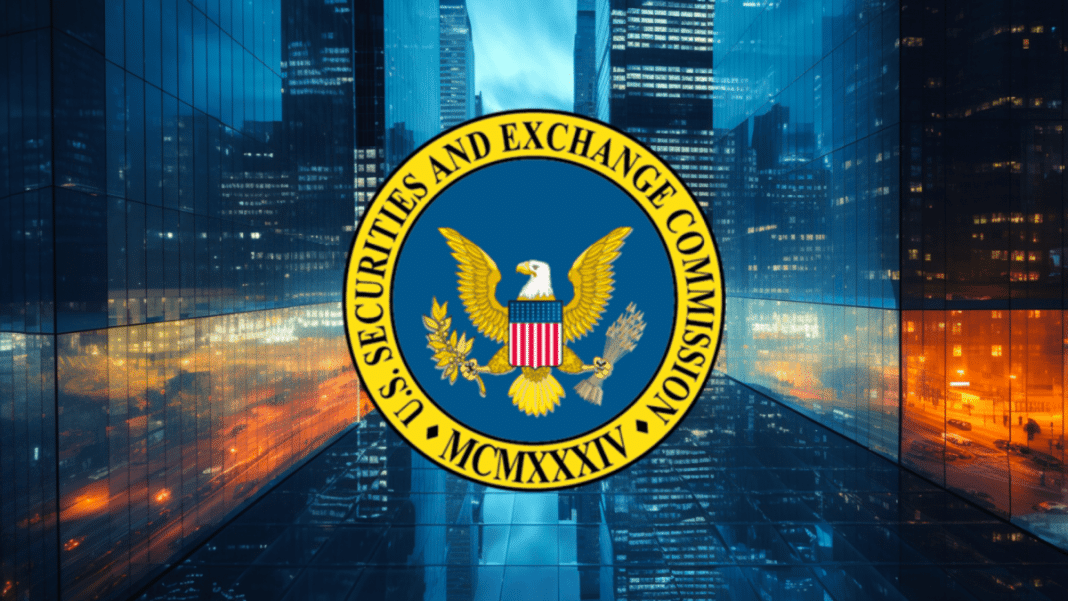In a recent address to the National Press Club in Washington, Gary Gensler, Chair of the U.S. Security and Exchange Commission (SEC), expressed concern over the potential economic instability that could arise from the monopolization of artificial intelligence development by major tech corporations, particularly for applications in financial markets.
Gensler emphasized the potential for AI to amplify financial instability, suggesting that the technology could encourage a herd mentality among individual market actors. This could occur if these actors make similar decisions based on identical signals received from a fundamental model or data aggregator.
“Model risk management tools, while lowering overall risk, primarily address firm-level, or so-called micro-prudential, risks,” Gensler said. “Many of the challenges to financial stability that AI may pose in the future, though, will require new thinking on system-wide or macro-prudential policy interventions.”
Preventive solutions to potential AI problems
The solution, according to the SEC Chair, is having agency staff propose regulations that could mitigate such potential conflicts.
“In the financial sector, there may be conflicts if advisers or brokers prioritize their interests over those of their investors,” Gensler stated as he highlighted the potential for AI to be manipulated to favor intermediaries at the expense of investors. “That’s why I’ve asked SEC staff to make recommendations for rule proposals for the Commission’s consideration regarding how best to address such potential conflicts across the range of investor interactions.”
Touching on securities laws — without mentioning the current lawsuits the SEC is embroiled in with the crypto industry — Gensler said that, while the regulatory body is “technology neutral,” securities laws, “may be implicated depending upon how AI technology is used.”
The SEC Chair’s remarks come at a time when AI innovation is rapidly advancing. The recent unveiling of GPT-4, a powerful AI tool from OpenAI, alongside a plethora of other developments in the industry, has sparked fears of widespread job losses due to automation as well as concern for its ability to pollute an already troubled information ecosystem online.
While Gensler did not provide specific details during his speech on how AI applications might impact the global financial system or what decisions they might influence, he did caution that the lack of regulation could pose a threat to the global economy, something he attributed to the potential of AI to intensify the inherent network interconnectedness of the global financial system.
Gensler argued that existing risk management tools are insufficient to counter the risks posed by advanced AI to the U.S. and global financial systems, pointing out that current safeguards have become obsolete in the face of breakthroughs in data analytics.
“AI may play a central role in the post-mortem analysis of a future financial crisis,” Gensler warned in his concluding remarks.










